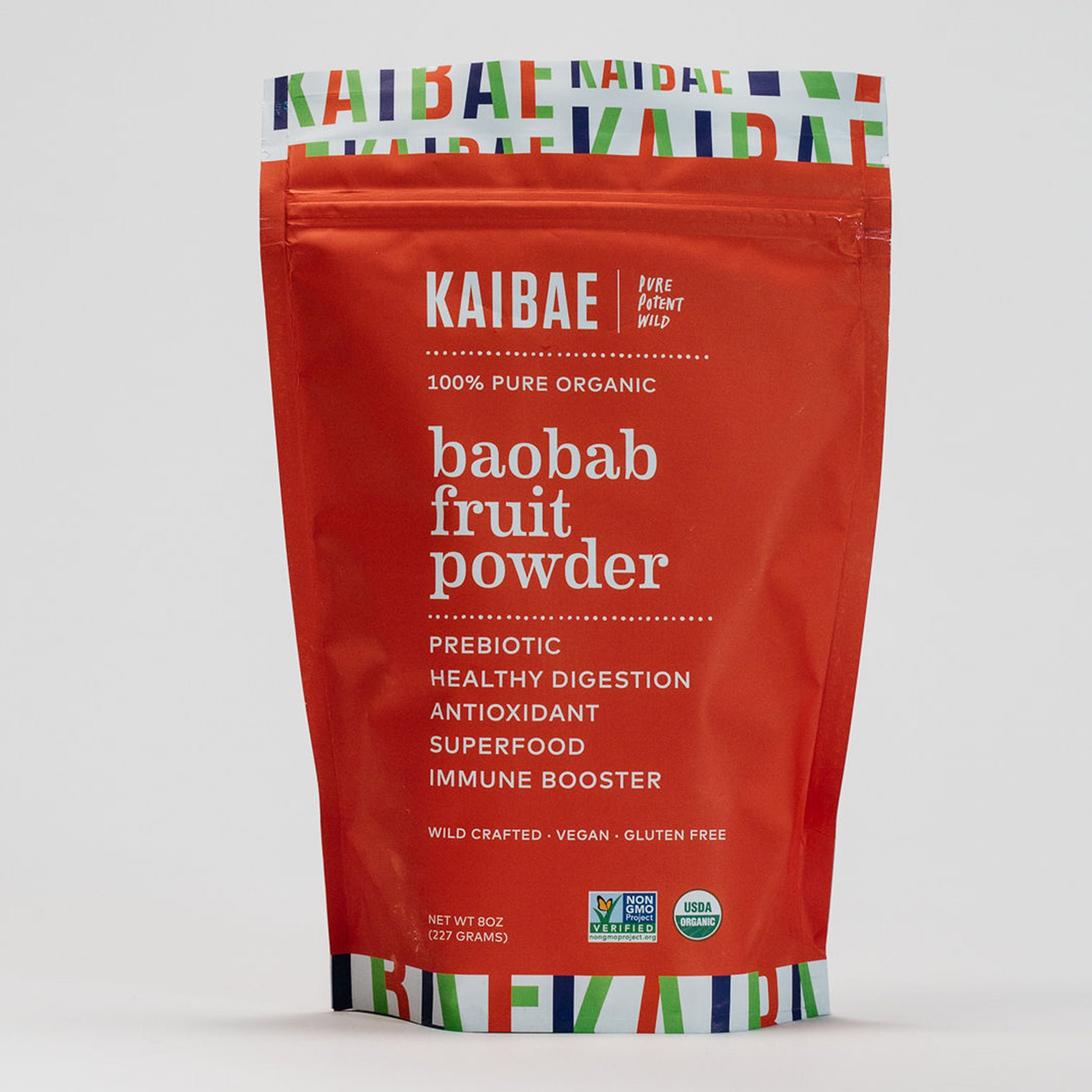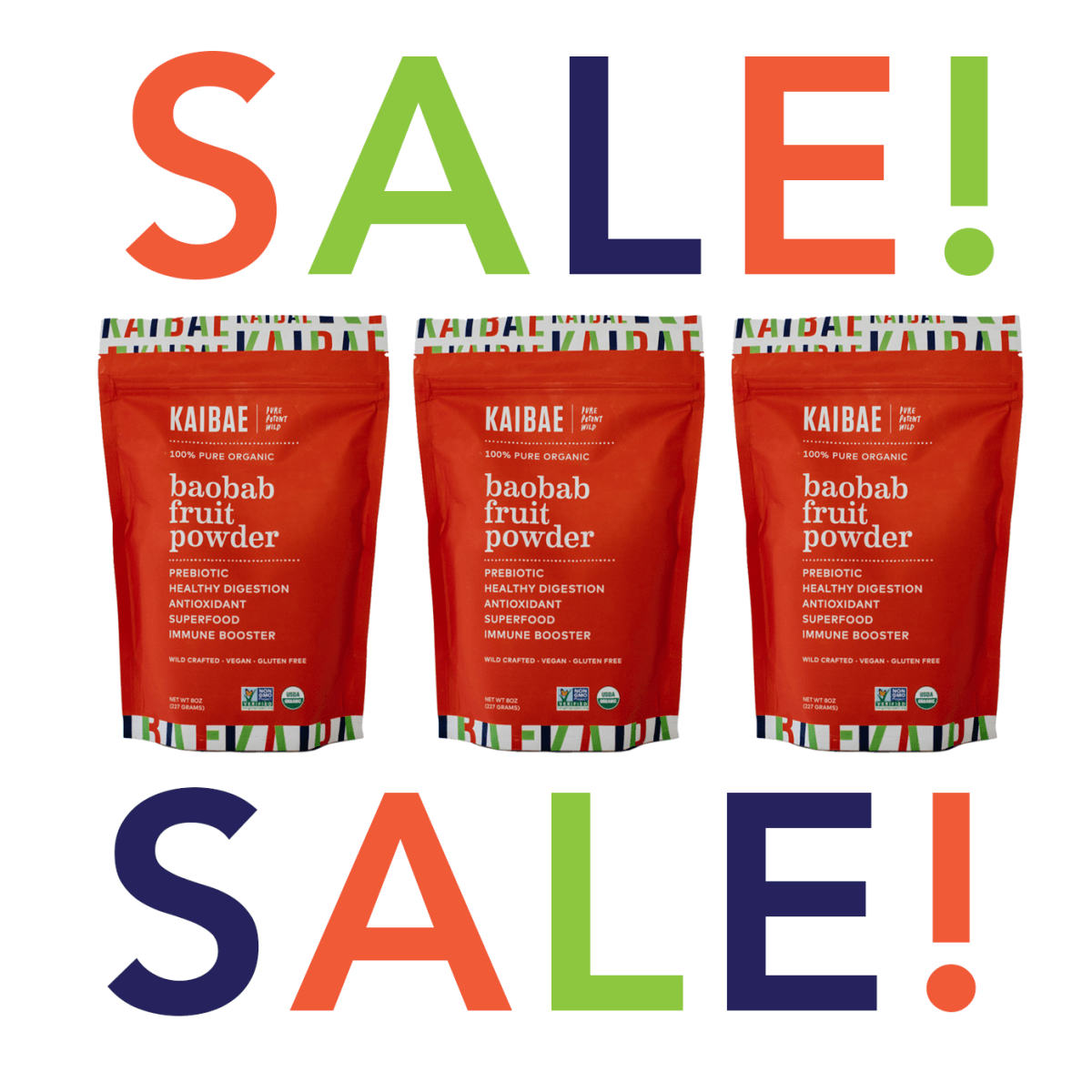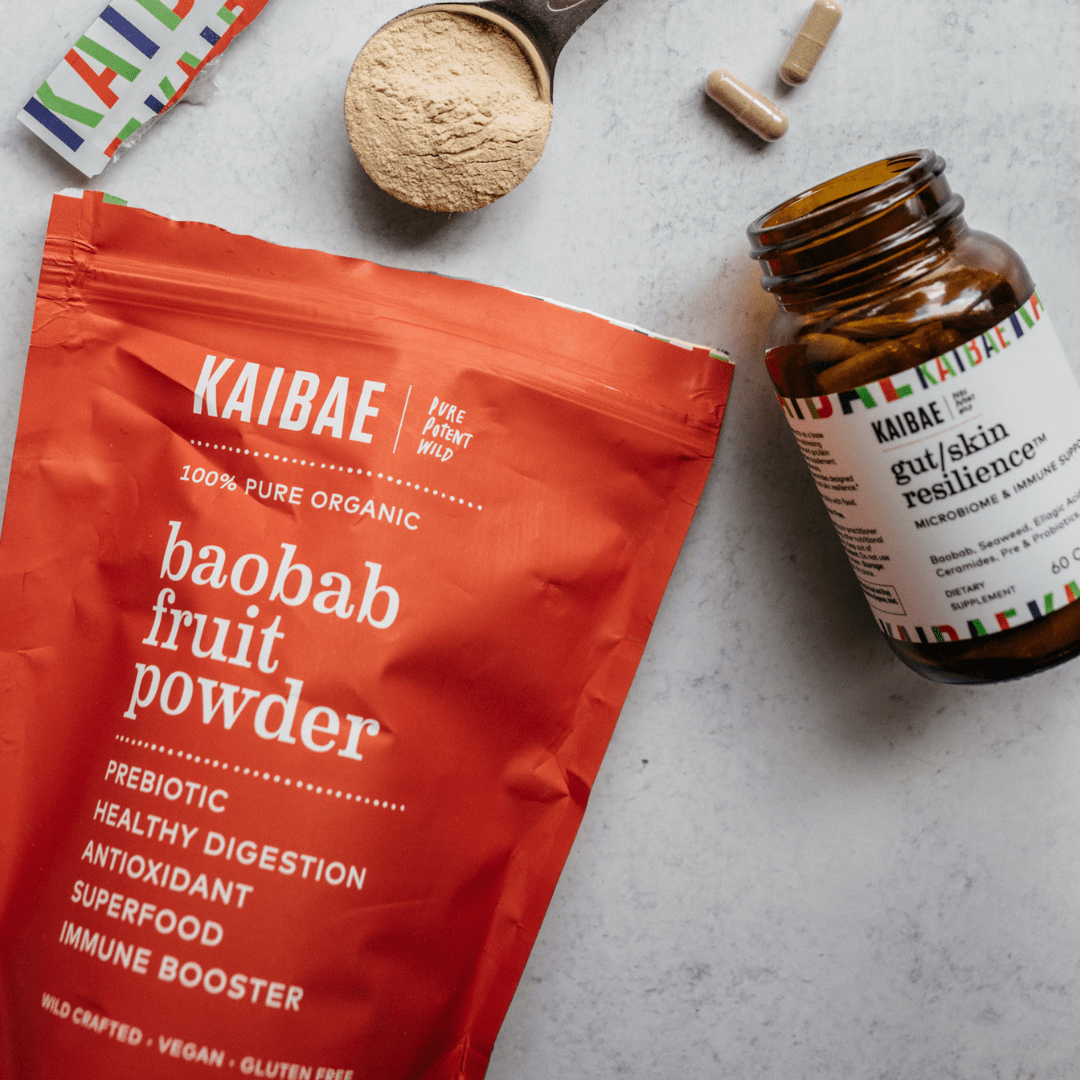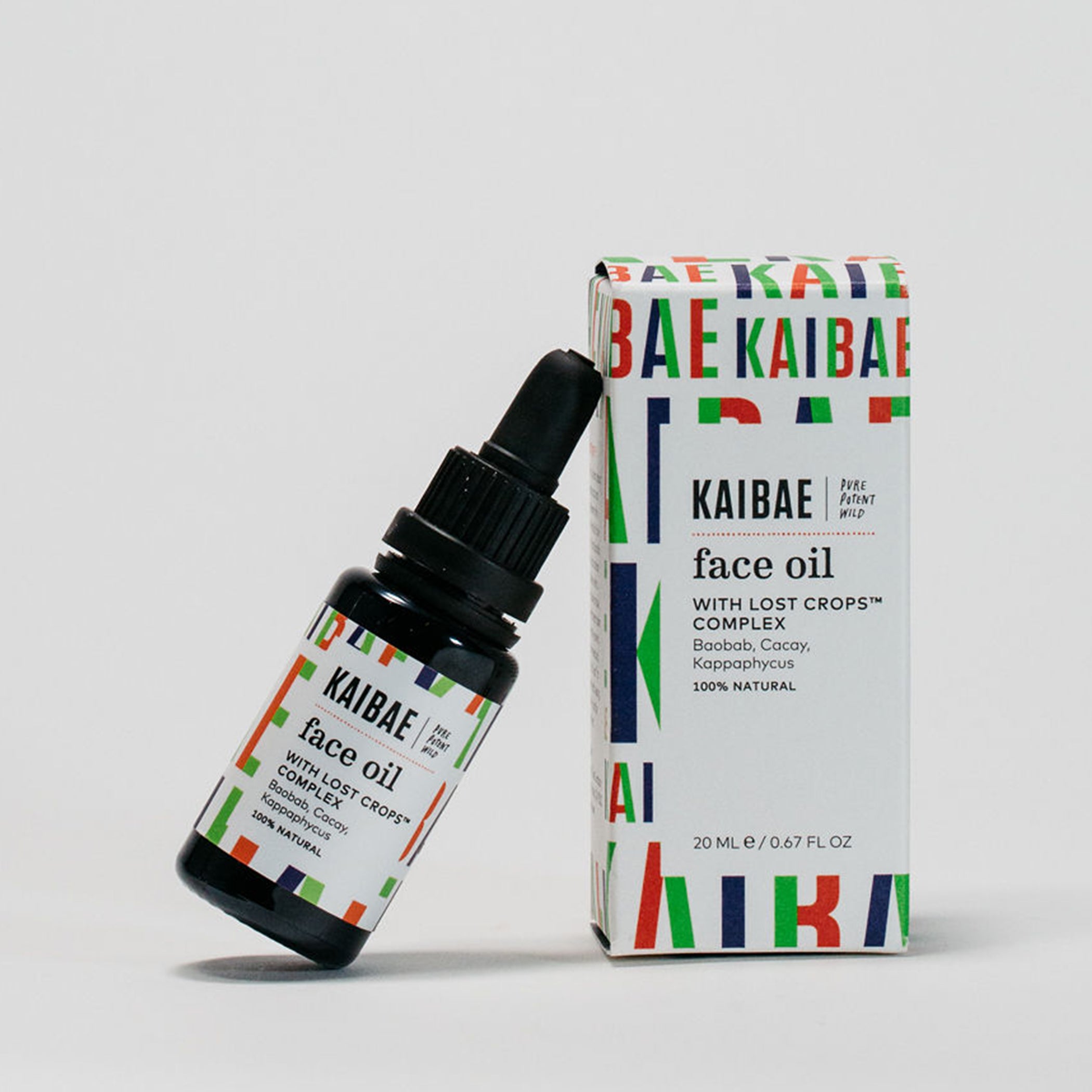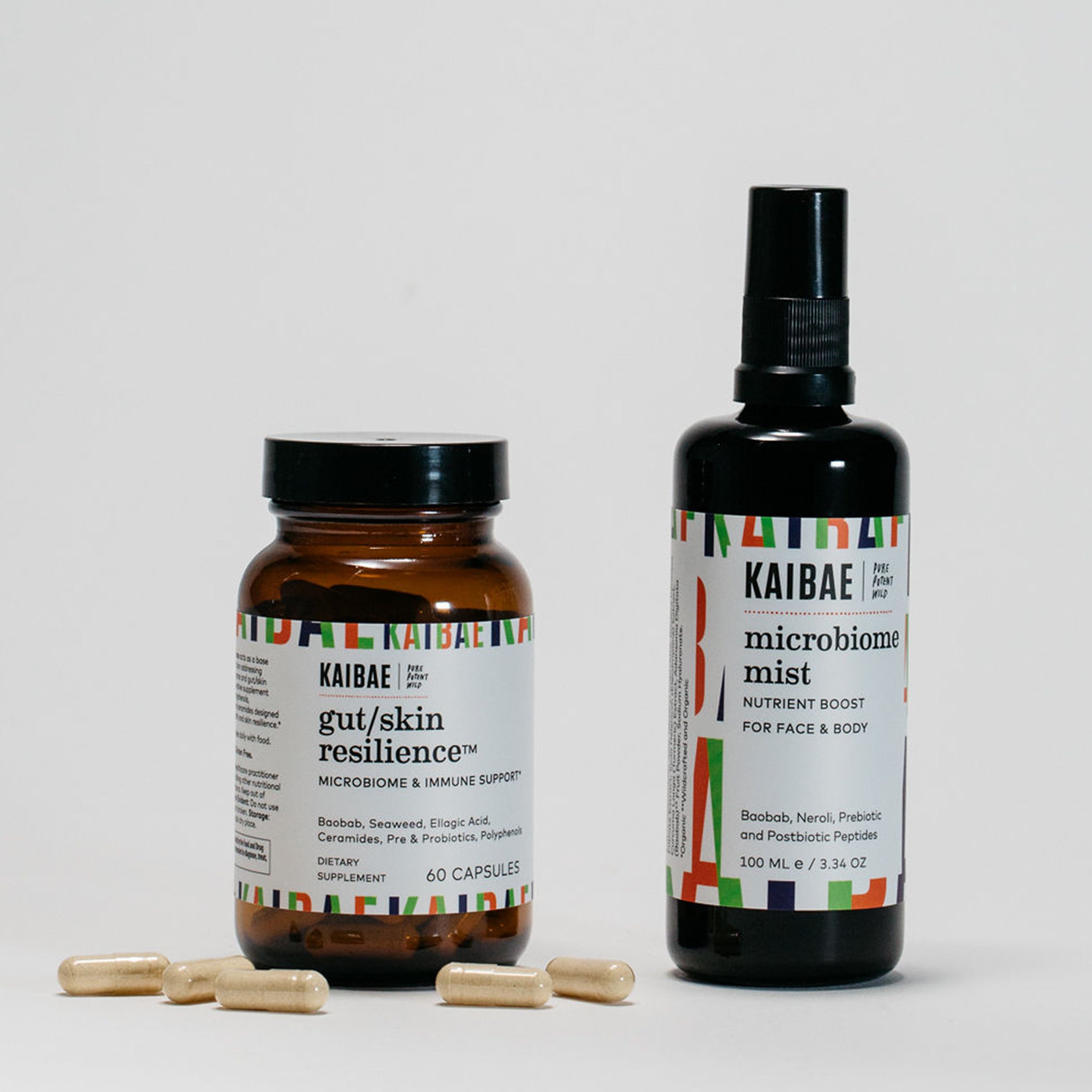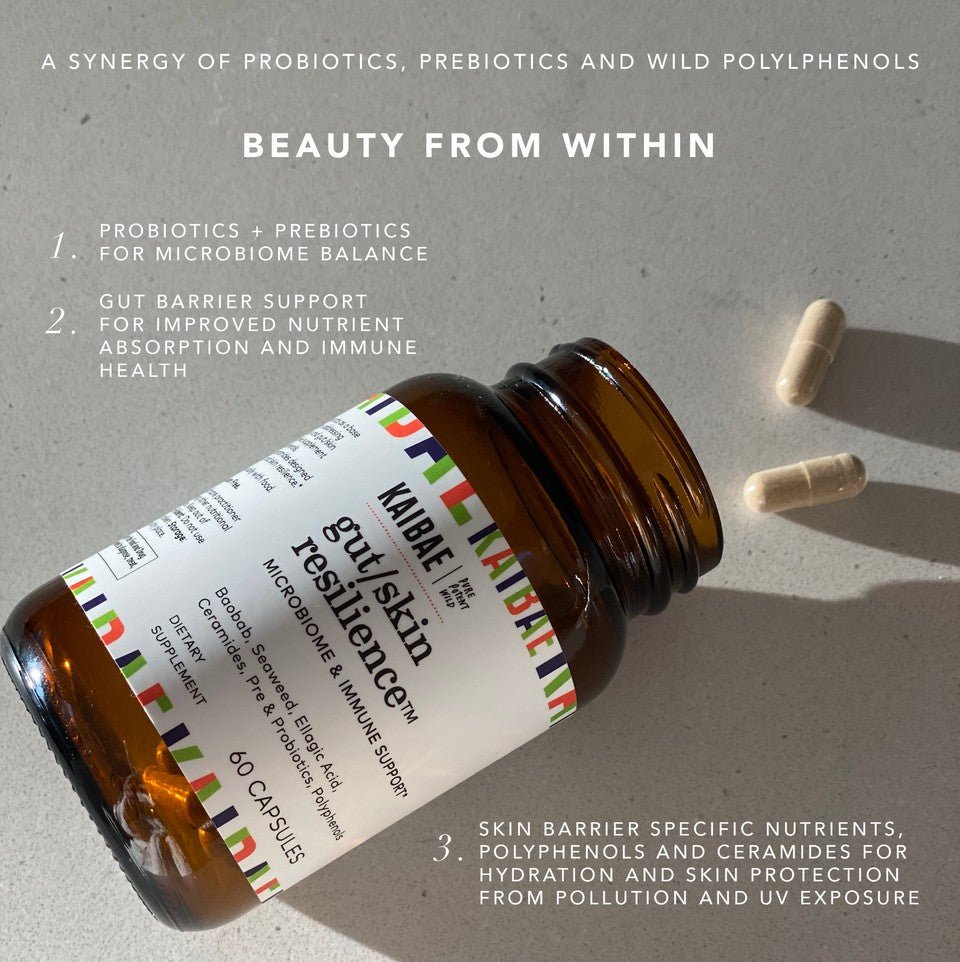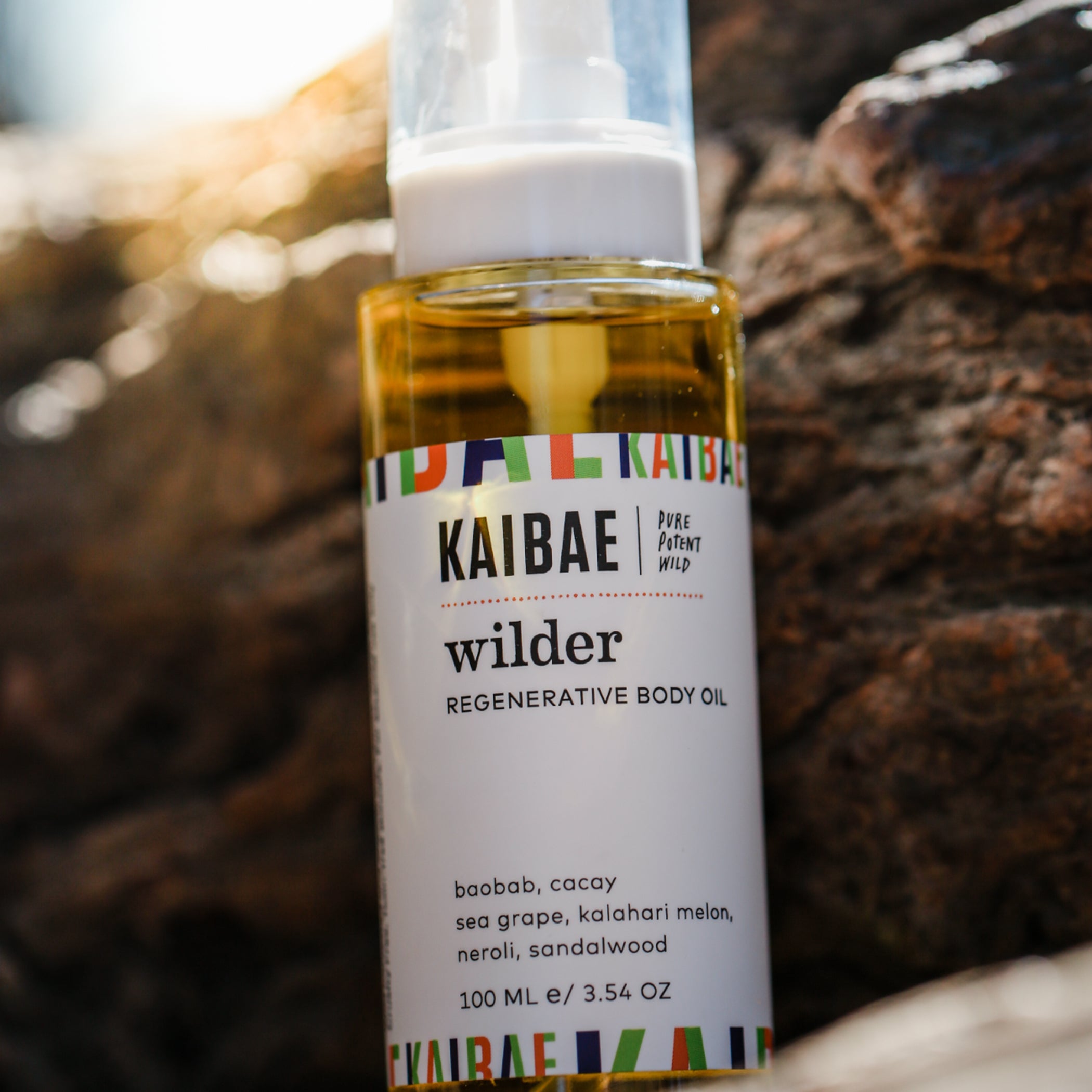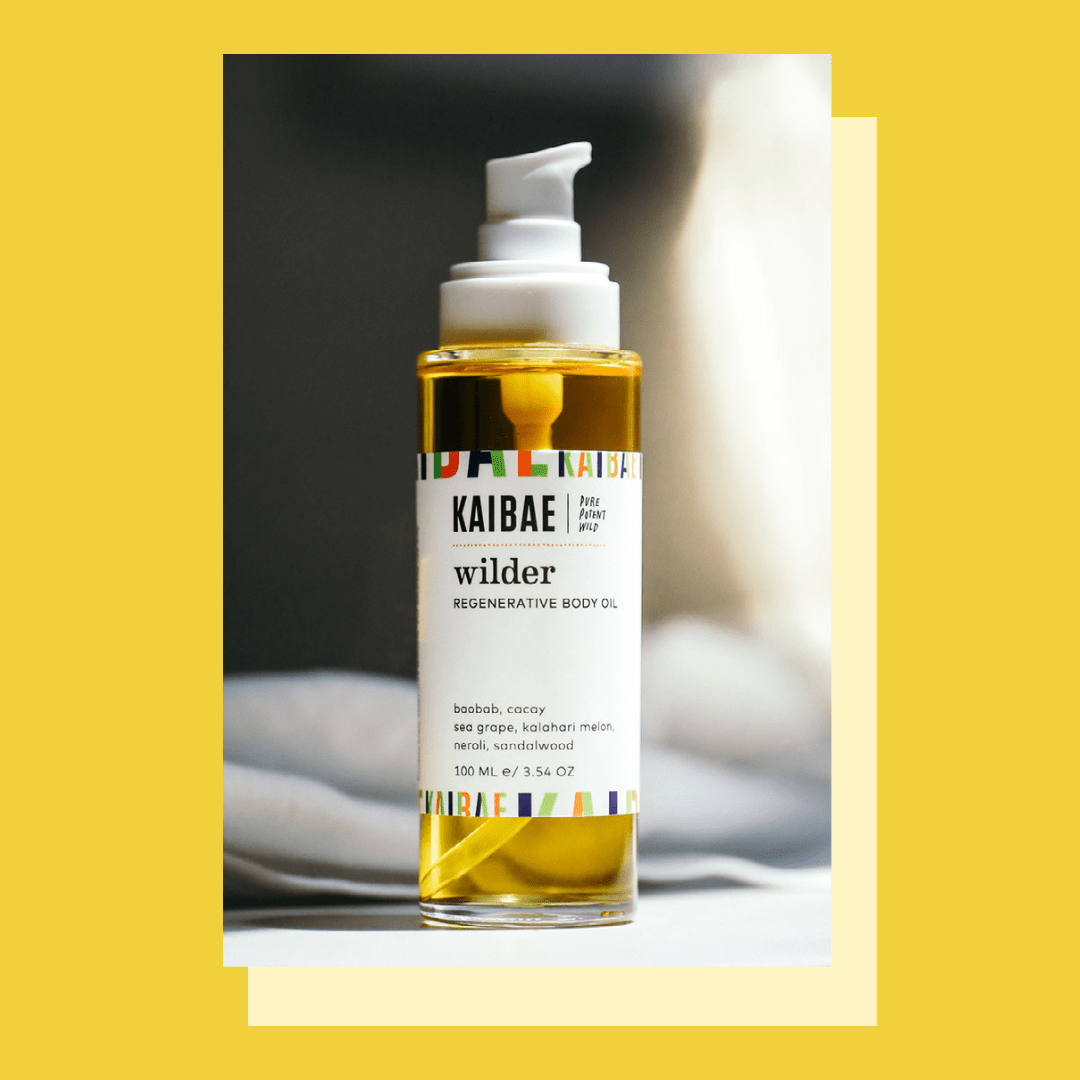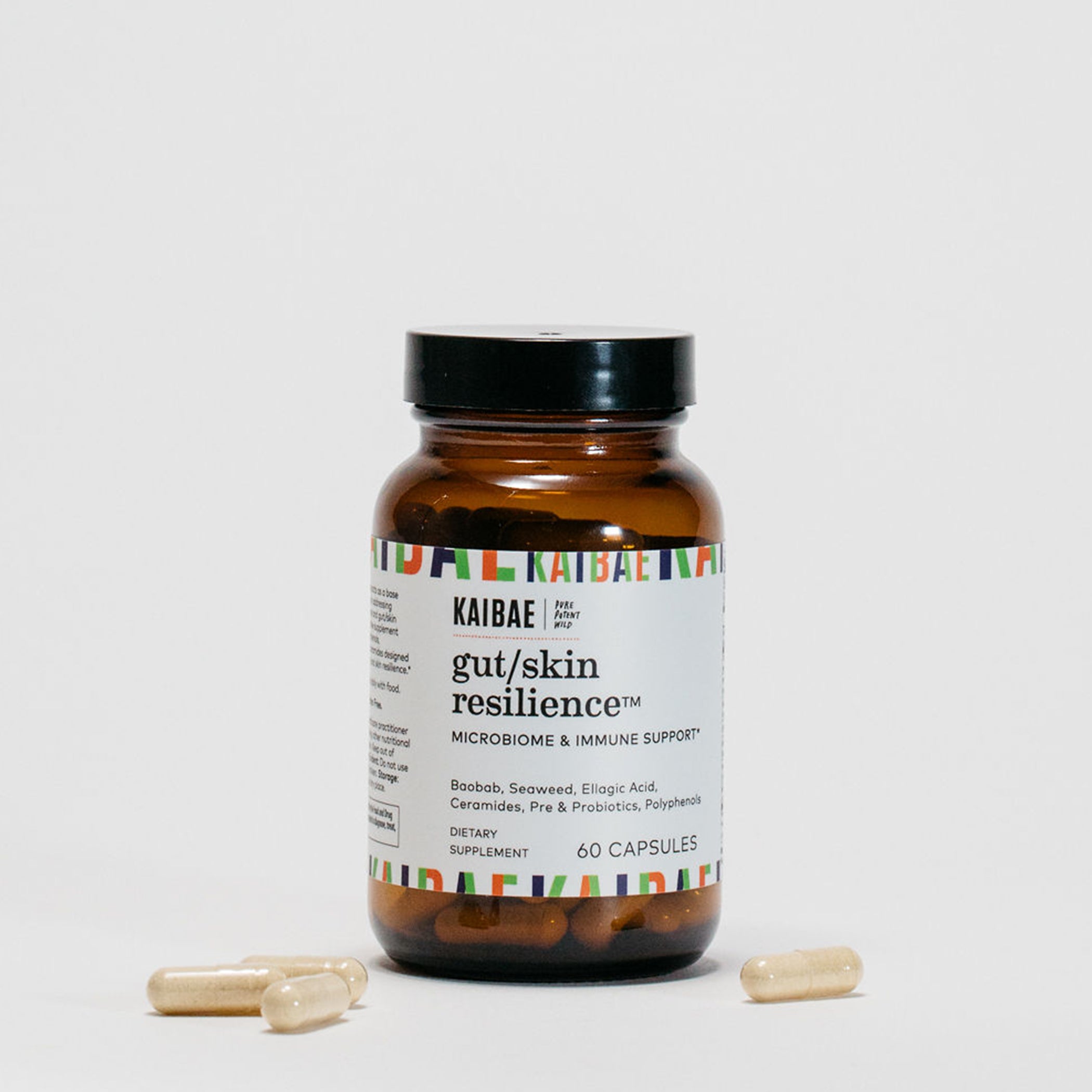Why Your Skin Loves Polyphenols (and Baobab)
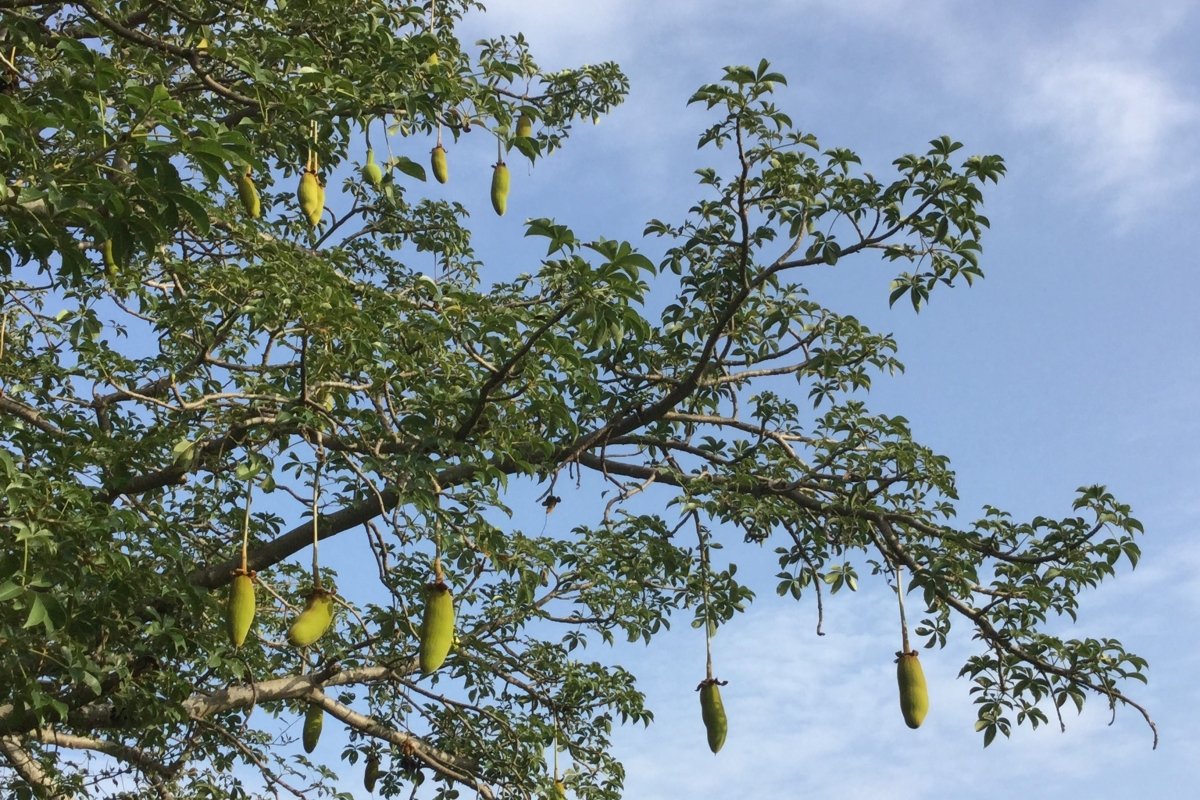
BY DR. LUC MAES, N.D.
You may be familiar with polyphenols—they're the phytonutrients that color fruits and vegetables, including berries, grapes, green tea, coffee, and cacao. Plants produce polyphenols as a defense against ultraviolet radiation and the aggression of pathogens.
It's become increasingly known that polyphenols have some pretty exciting health benefits. A polyphenol-rich diet is inversely related to accelerated skin aging and the development of chronic disease, cancer, cardiovascular disease, diabetes, osteoporosis, and neurodegenerative disease.
You may not already know that the gut microbiota is responsible for transforming polyphenols into potent metabolites. These metabolites provide numerous benefits throughout the body by reducing inflammation in blood vessels, protecting nerves, and preserving collagen integrity. Since prebiotic fiber and probiotics support a healthy gut microbiome, including them in your wellness routine can help your body receive the optimal benefits of a polyphenol-rich diet.
The baobab fruit, which grows in the hot, dry climate of the African Savanna, is uniquely rich in polyphenols. Research shows that the polyphenols in baobab are responsible for their low glycemic properties, which support a balanced metabolization of sugars. When sugar is not metabolized correctly, it triggers glycation, which damages collagen. Collagen is an essential protein for healthy, youthful-looking skin and structural integrity throughout the body.
Baobab is considered a superfood for many reasons, one being its high prebiotic fiber and polyphenols content. By regularly incorporating baobab and other polyphenol-rich foods into your diet, you are conditioning your gut, skin, and metabolism for optimal function and wellness.
Sources:
https://www.ncbi.nlm.nih.gov/pmc/articles/PMC3257627/






